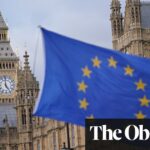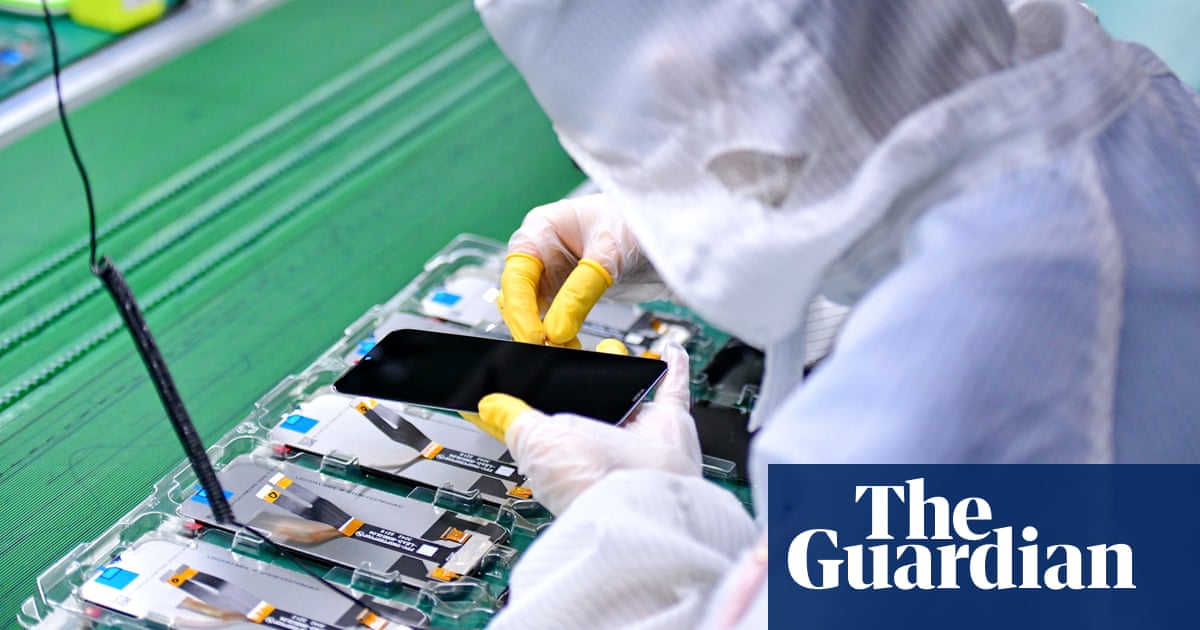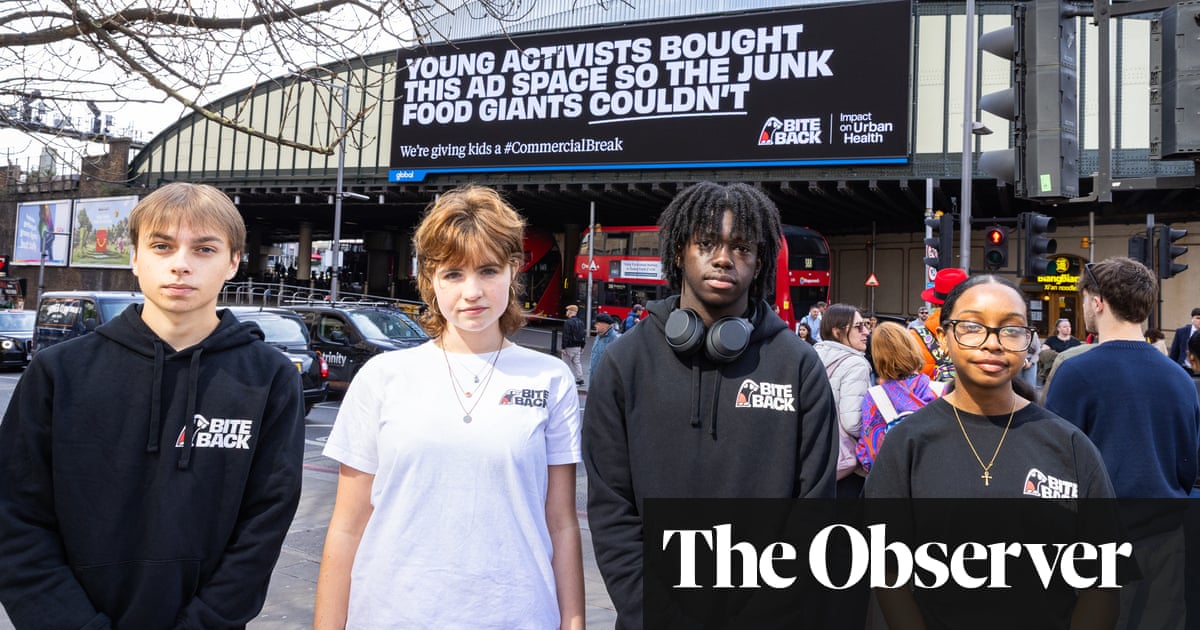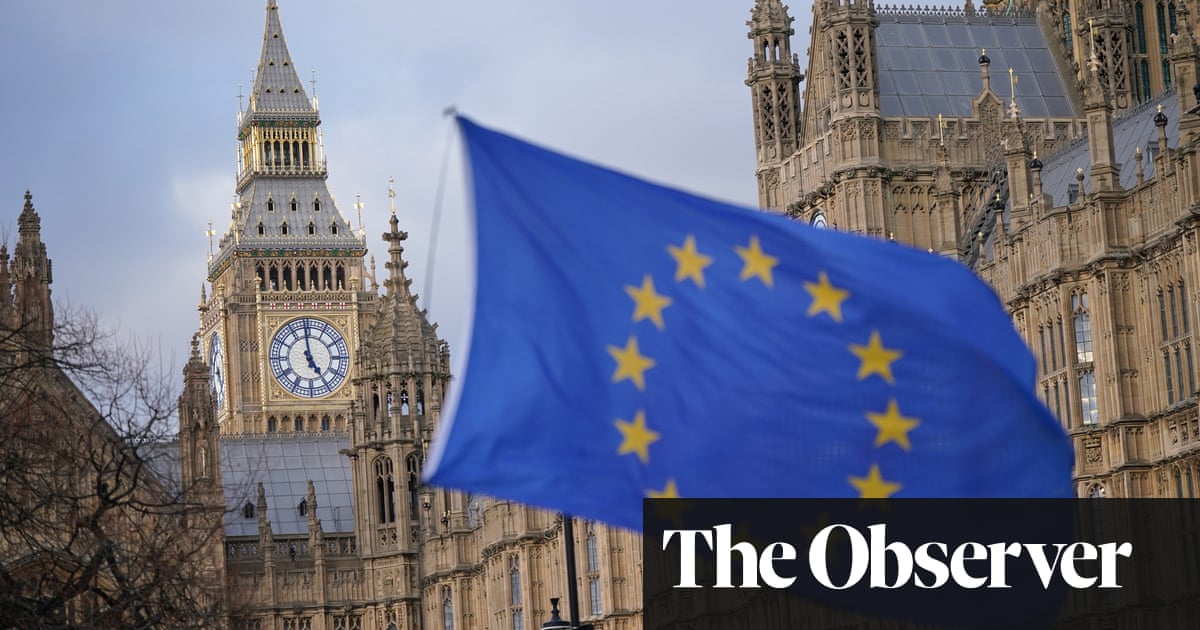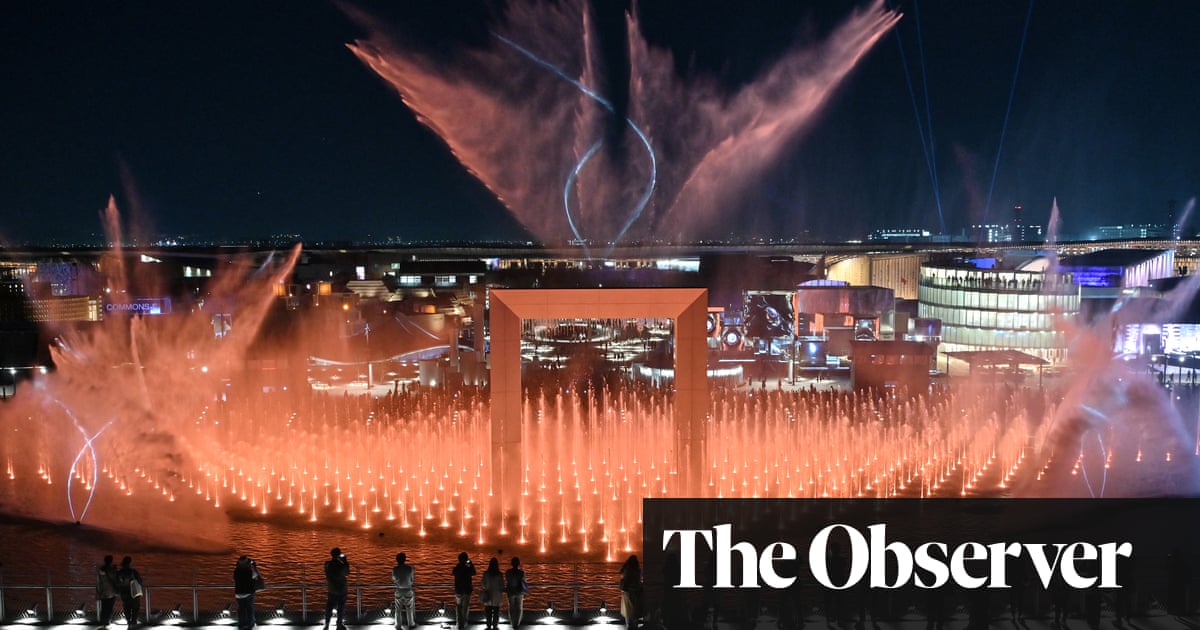Iran’s foreign minister, Abbas Araghchi, has arrived in Oman for mediated talks with the US special envoy Steve Witkoff, saying there is a chance the two sides can reach an initial understanding that leads to a timetable for negotiations on Iran’s nuclear programme.
The aim is to agree a format and parameters for talks that in months could lead to some US economic sanctions on Tehran being lifted and a recasting of Iran’s civil nuclear programme.
Such a breakthrough, highly implausible a month ago, would represent the biggest improvement in US-Iranian relations since the two countries signed a nuclear deal in 2015. Donald Trump removed the US from the agreement in 2018, claiming “the heart of the deal was a giant fiction – that a murderous regime desired only a peaceful nuclear energy program”.
In the initial indirect talks, Araghchi plans to test whether Witkoff has been given, as reported, a narrow mandate to prevent any possibility of Iran’s civil nuclear programme being weaponised, or a broader brief to end the programme altogether, as well as to make wider political demands on Iran.
Araghchi said on arriving in the capital of Oman, Muscat, that Tehran’s “intention is to reach an honourable agreement from an equal position. If the other side also comes from the same position, God willing, there will be a chance for an initial understanding that will lead to a path of negotiations, and if there is sufficient will, we will decide on a timetable.”
In the wake of Trump’s withdrawal from the nuclear deal, Iran has piled up a vast stockpile of highly enriched uranium now sufficient for as many as six nuclear bombs, but Tehran insists there is a fatwa opposing Iran’s possession of nuclear weapons.
Previous US demands revealed in a Trump executive order in February, which imposed further economic sanctions on Iran, gave the impression that the US president would make maximalist demands that Iran end its nuclear programme, cease all political support for so-called resistance groups, and end its missile programme.
But a personal letter from Trump to the Iranian leadership did not echo these maximalist demands, and Witkoff has hinted at the possibility of compromise, which suggests that an internal debate in the US administration leans in favour of making initial demands focused on handing over its stockpile of uranium, and improved monitoring.
But if Witkoff demands a complete end to Iran’s civil nuclear programme, Tehran will make a counterproposal for a Middle East nuclear-weapon-free zone. This would require the US to pressure Israel to join the nuclear non-proliferation treaty and dismantle its own unconfirmed nuclear arsenal. Such a proposal would be rejected by Israel and the US.
With the Iranian economy in freefall, and Iranians suffering energy blackouts, the country’s president, Masoud Pezeshkian, has always favoured talks with the US as the way to escape “the cage of sanctions”, but he has faced resistance from parliamentary hardliners and parts of the group around the supreme leader, Ayatollah Ali Khamenei. On 7 February, Khamenei said experience showed it was “not rational, intelligent or honourable” to hold talks with Trump, a judgment that Pezeshkian said he had no option but to accept.
But the Iranian foreign ministry – supportive of talks – persuaded Khamenei that his regime, already weakened by reverses in Syria, Lebanon and Gaza, might crumble unless he negotiated. Trump also threatened to give Israel the freedom to bomb Iran’s nuclear sites.
To preserve Iran’s dignity, Khamenei insisted the initial talks at least be indirect, but there will be pressure from the US side to allow direct talks. The two countries broke off formal diplomatic relations after the 1979 Iranian revolution.
Pezeshkian, in an effort to talk Trump’s transactional language, said this week: “His excellency [Khamenei] has no opposition to investment by American investors in Iran. American investors: come and invest.”
Trump, too, has relented both in his rhetoric and possibly his demands, saying on Friday: “I’m not asking for much; they can’t have a nuclear weapon,” adding: “I want them to thrive. I want Iran to be a great, wonderful, happy country.” Trump and Witkoff also badly need a diplomatic breakthrough since their peace efforts in Gaza and Ukraine have so far been abject flops. A further war in the Middle East is fiercely resisted by the Gulf states, including Saudi Arabia.
Netanyahu said this week that a deal would only work if Iran’s nuclear facilities were blown up, “under American supervision with American execution”. He also called for a “Libya-style agreement”, a reference to Muammar Gaddafi’s voluntary dismantlement of his nuclear programme under international supervision. But Iran senses that Netanyahu is losing influence with Trump over the nuclear file.
Iran’s deputy foreign minister for political affairs, Majid Takht-Ravanchi, who is involved in parallel talks with European leaders, said: “If the American side does not raise irrelevant issues and demands and puts aside threats and intimidation, there is a good possibility of reaching an agreement. The Islamic republic of Iran believes in dialogue and interaction based on mutual respect, and any bullying and coercion is unacceptable in our view.”
Araghchi, a veteran of the 2015 talks who holds a PhD in political thought from the University of Kent, is accompanied by a technical team.
The Omani foreign minister, Badr bin Hamad al-Busaidi, is acting as the mediator, a role that Oman has long held to help resolve Middle East conflicts.
Witkoff has admitted he does not have technical expertise about civil nuclear disarmament programmes, but Trump implicitly trusts his judgment.
Iran, which has a reputation for being an exhaustive and exhausting negotiator, knows it is working against a deadline of two months, European officials say, because the UK, Germany and France must signal by the end of July whether they will reimpose punishing UN sanctions against Tehran. The option to reimpose those sanctions, which were lifted under the 2015 nuclear deal, will expire on 18 October.





